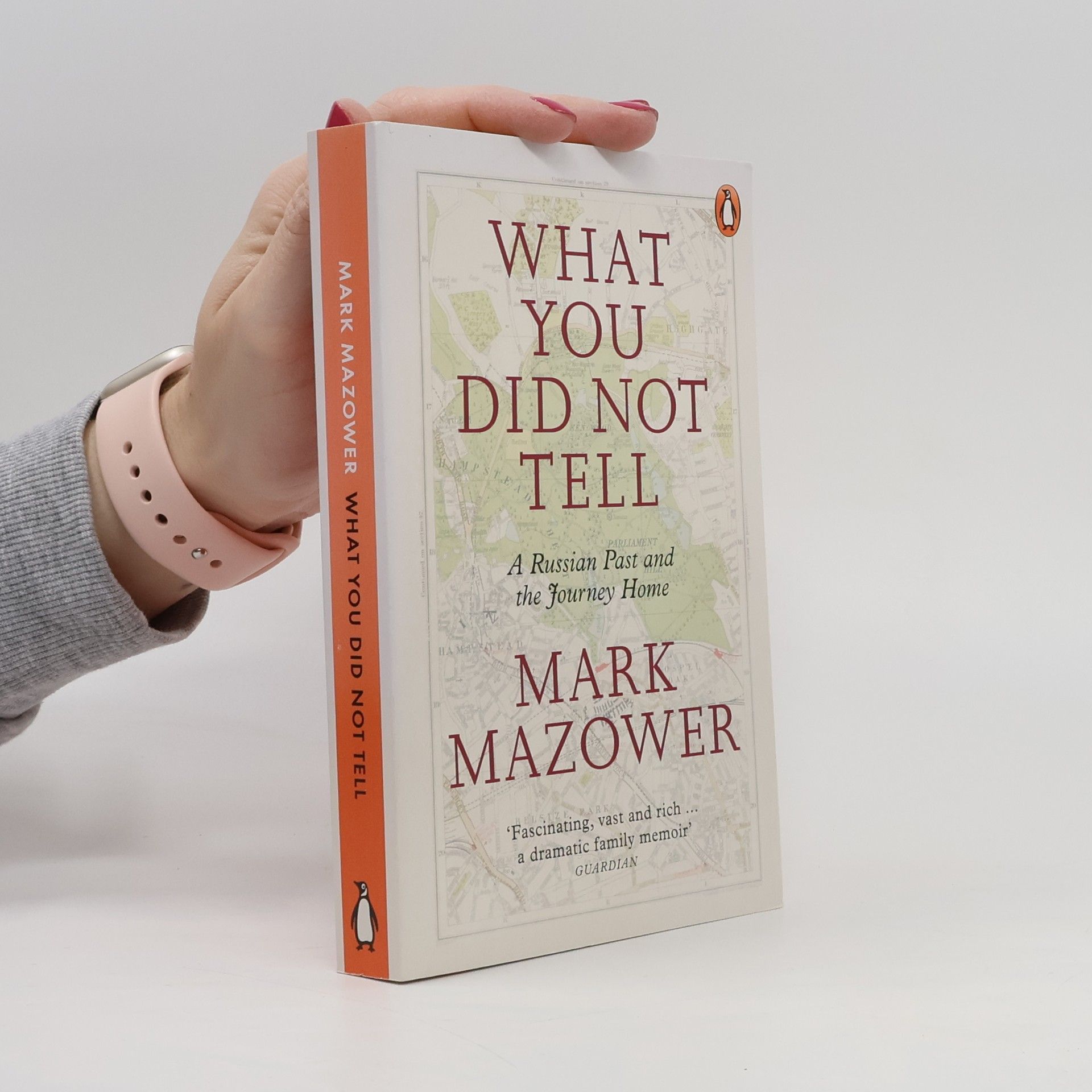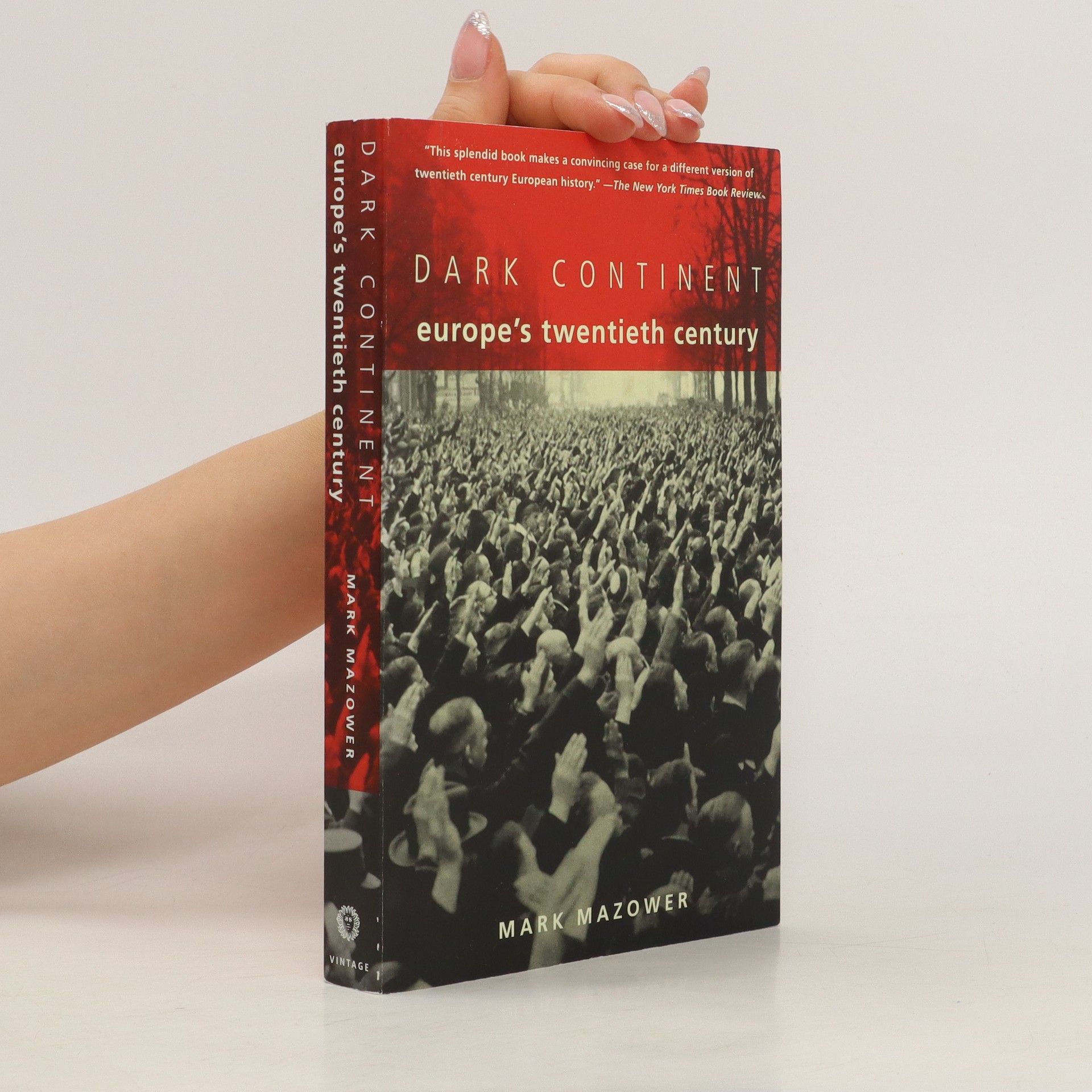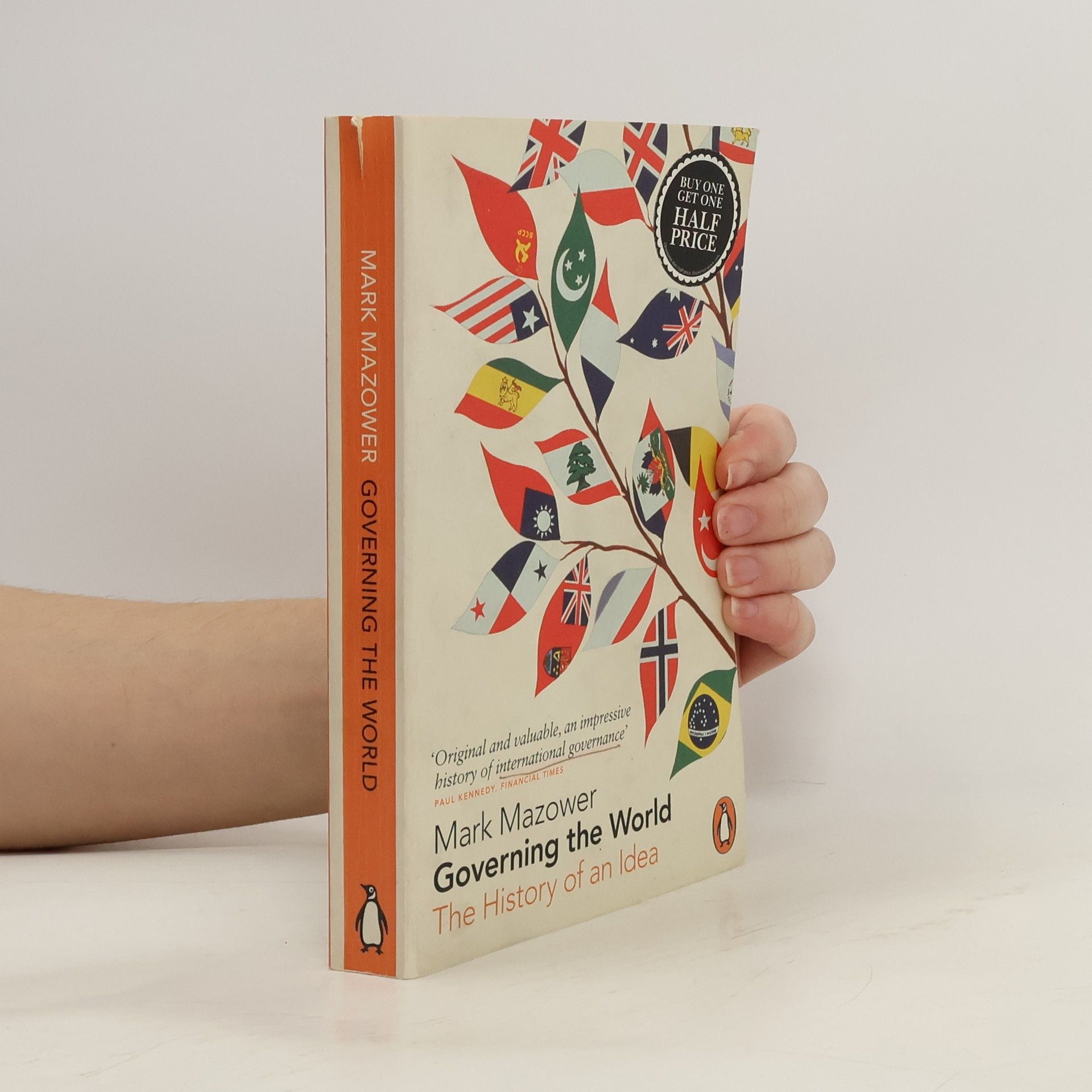Mark Mazower Libri
Mark Mazower è uno storico distinto il cui lavoro approfondisce l'Europa moderna e la storia internazionale. La sua scrittura si distingue per le profonde intuizioni sui complessi processi storici, in particolare nel contesto del XX secolo. Mazower approccia la storia con un'enfasi sull'interconnessione di diverse culture e società, analizzando come si sono formate le idee sull'ordine mondiale. La sua erudizione è apprezzata per la sua profondità e la sua capacità di presentare argomenti complessi in modo chiaro e avvincente.



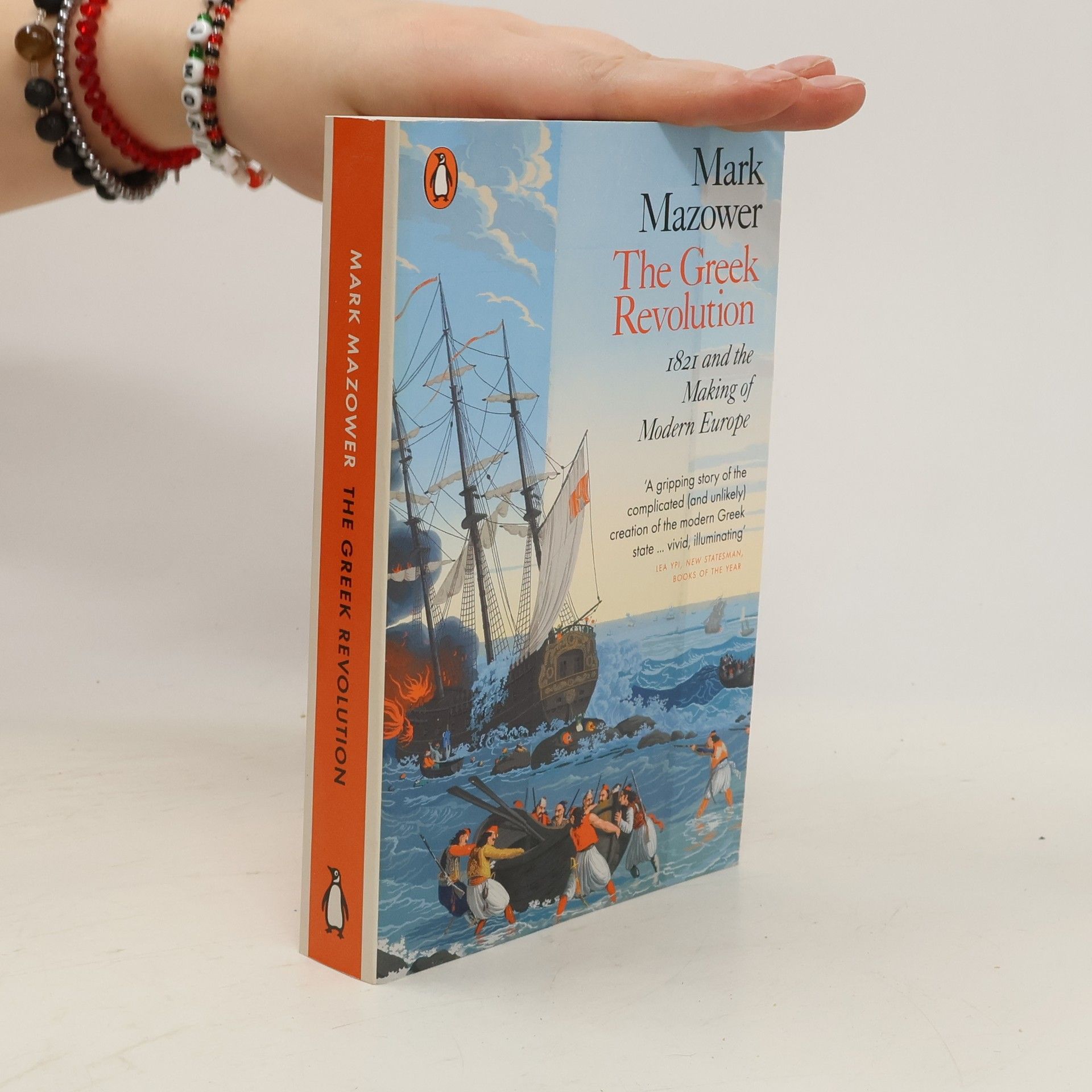
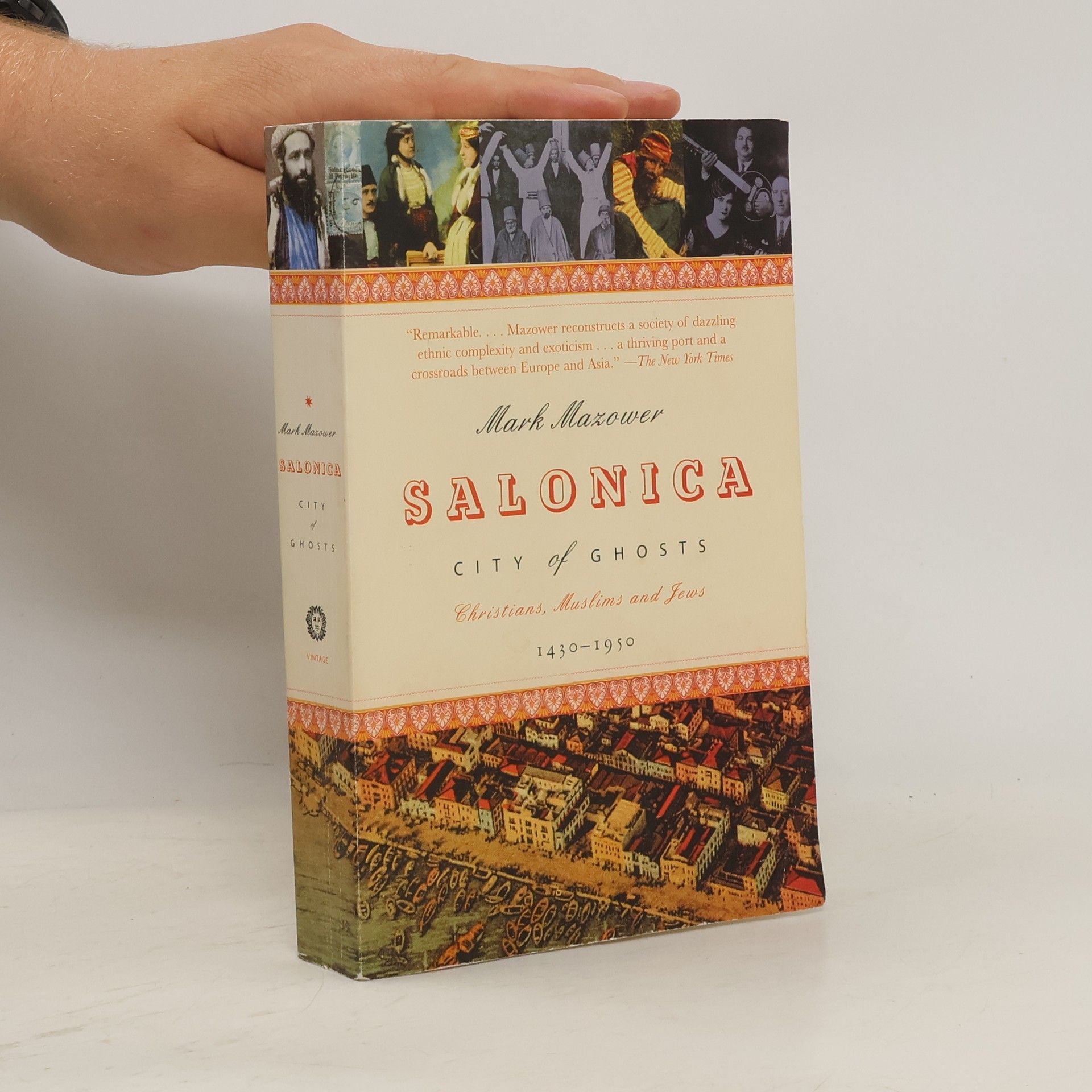
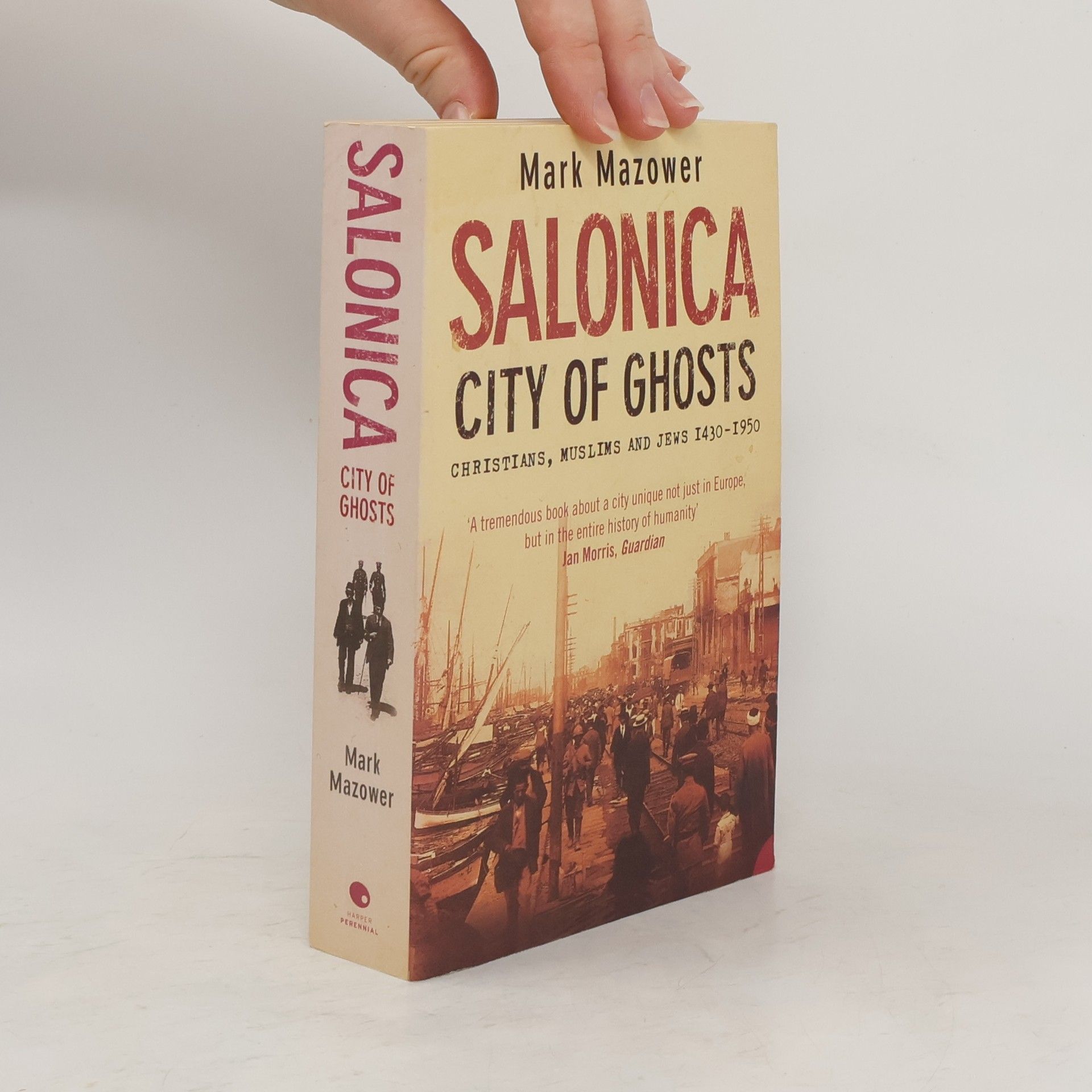

Salonica. City of Ghosts
- 352pagine
- 13 ore di lettura
From the author of the greatly praised "Dark Continent" comes a richly textured social history of the Aegean seaport that has been a crossroads of civilization since the dawn of Byzantium. of photos, 8 in full color.
The narrative delves into the rich tapestry of a once-thriving city under Ottoman rule, highlighting its extraordinary cultural diversity. It portrays a society where various ethnicities and religions coexisted, from Egyptian merchants to Spanish-speaking rabbis, creating a unique atmosphere of tolerance and shared spirituality. The book examines the dynamics of this vibrant community and the factors that led to its decline amidst the rise of modern nationalism, offering a poignant reflection on the interplay of history, culture, and identity.
The Greek Revolution
- 574pagine
- 21 ore di lettura
WINNER OF THE DUFF COOPER PRIZE 2021, SHORTLISTED FOR THE RUNCIMAN AWARD 2022, and recognized as a New Statesman and Times Literary Supplement Book of the Year 2021, this work is hailed as a definitive treatment of its subject for years to come. In the aftermath of Napoleon's defeat in 1815, the quest for Greek freedom united individuals across Europe and the United States. Mark Mazower's compelling narrative recounts the remarkable struggle of the Greek people against Sultan Mahmud II and the formidable Ottoman forces, including Turkish cavalry, Albanian soldiers, and Egyptians. Despite facing overwhelming odds and severe hardships, the Greeks persevered until military intervention from Russia, France, and Britain ultimately secured their independence. Mazower intricately weaves together various perspectives, delving into the minds of revolutionary conspirators and the experiences of besieged towns. He presents the lives of priests, sailors, slaves, and vulnerable civilians amidst the brutality of war. The book explores the broader implications of this struggle, linking it to the rise of Romanticism and a new political landscape that inspired volunteers from across Europe to join the fight for Greek independence. It highlights how nationalism emerged as a powerful force, reshaping the world and altering the course of history at a significant personal cost. Critics have praised it as "exquisite" and "superbly subtle and thoro
Hitler's Empire
- 773pagine
- 28 ore di lettura
Hitler's empire was the largest, most brutal and most ambitious reshaping of Europe in history. Inspired by imperial legacy of those such as British, Third Reich cast its shadow from Channel Islands to Caucasus and ruled hundreds of millions. This title offers an account of the rise and fall of Nazi Europe by one of Britain's leading historians.
In April 1941, the German invasion of Greece initiated four years of brutal occupation and a civil war that devastated the nation. This work explores the profound effects of the Occupation on the lives and values of ordinary Greeks, utilizing a wealth of first-hand accounts and previously untapped archival sources. It presents a vivid portrayal of resistance fighters, black marketeers, young German conscripts, and Gestapo officers, illustrating how war disrupted traditional family roles as women became breadwinners and children took up arms. The moral complexities of life under foreign rule are intertwined with the political tragedy leading to civil war. The narrative details Greece's economic exploitation and resulting famine, highlighting the disintegration of society and the rise of mass resistance. It offers a stark depiction of guerrilla life in the mountains, addressing both psychological and material impacts of total war. Additionally, the perspective of German soldiers, diplomats, and SS officials is included, providing insight into the beliefs that fueled Nazi violence and terror. The text brings to life the German Occupation apparatus through the experiences of figures like Kurt Waldheim and ordinary conscripts, while analyzing a world marked by ruined villages, revolutionary aspirations, abandoned Jewish homes, and starving islanders within the historical context of Hitler's New Order.
What You Did Not Tell : A Russian Past and the Journey Home
- 400pagine
- 14 ore di lettura
Uncovering his family's remarkable and moving stories, Mark Mazower recounts the sacrifices and silences that marked a generation and their descendants. It was a family that fate drove into the siege of Stalingrad, the Vilna ghetto, occupied Paris, and even into the ranks of the Wehrmacht. His British father was the lucky one, the son of Russian Jewish emigrants who settled in London after escaping the civil war and revolution. Max, the grandfather, had started out as a socialist and manned the barricades against tsarist troops, but never spoke of it. His wife, Frouma, came from a family ravaged by the Great Terror yet somehow making their way in Soviet society. In the centenary of the Russian Revolution, What You Did Not Tell recounts a brand of socialism erased from memory - humanistic, impassioned, and broad-ranging in its sympathies. But it also explores the unexpected happiness that may await history's losers, the power of friendship, and the love of place that allowed Max and Fro
An unflinching and intelligent alternative history of the twentieth century that provides a provocative vision of Europe's past, present, and future. "[A] splendid book." —The New York Times Book Review Dark Continent provides an alternative history of the twentieth century, one in which the triumph of democracy was anything but a forgone conclusion and fascism and communism provided rival political solutions that battled and sometimes triumphed in an effort to determine the course the continent would take. Mark Mazower strips away myths that have comforted us since World War II, revealing Europe as an entity constantly engaged in a bloody project of self-invention. Here is a history not of inevitable victories and forward marches, but of narrow squeaks and unexpected twists, where townships boast a bronze of Mussolini on horseback one moment, only to melt it down and recast it as a pair of noble partisans the next.
Governing the World
- 496pagine
- 18 ore di lettura
The compelling and provocative history of world government, from acclaimed author Mark Mazower Shortlisted for the RUSI 2013 Duke of Wellington Medal for Military LiteratureIn 1815 the shocked and exhausted victors of the decades of fighting that had engulfed Europe for a generation agreed to a new system for keeping the peace. Instead of independent states changing sides, doing deals and betraying one another, a new, collegial 'Concert of Europe' would ensure that the brutal chaos of the Napoleonic Wars never happened again.Mark Mazower's remarkable new book recreates two centuries of international government - the struggle to spread values and build institutions to bring order to an anarchic and dangerous state system.
The Balkans : from the end of Byzantium to the present day
- 176pagine
- 7 ore di lettura
Winner of the Wolfson History Prize, this book sheds light on what has been called the tinderbox of Europe, whose troubles have ignited wider wars for hundreds of years.
